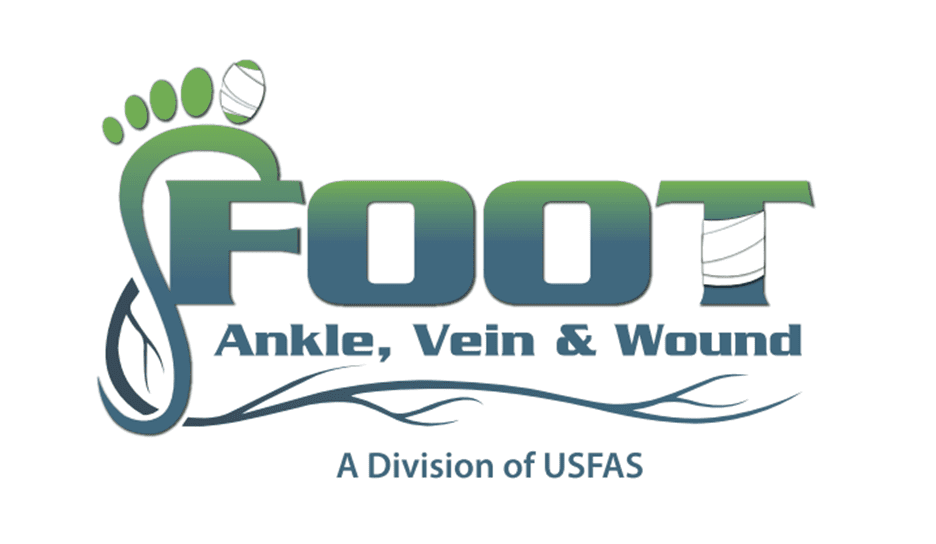
Feet are particularly vulnerable to fungal infections, for lots of reasons. Here are just a few: We stick them in sweaty shoes and socks all day. They may not get as much attention from the soap as other parts of your body when you take a shower. If you go barefoot in public, you might be putting them in harm’s way. And because feet don’t always get the same level of circulation, your body might not be able to fight fungal infections as effectively.
The tricky thing about fungal infections like athlete’s foot and fungal toenails is that, the longer you let them go on, the more difficult they become to eradicate. Your skin and nails provide a hearty banquet of the nutrients they need, and they won’t leave without a fight. Worse, since they’re all caused by the same kinds of fungi, an infection can jump from toe to toe, to skin (as athlete’s foot), to other parts of the body (like hands, scalp, or back), to family members.
So, don’t ignore your feet! If you keep an eye out for the signs of a fungal infection, you’ll have a better chance of catching it early and stopping it quickly.
The telltale sign of athlete’s foot is a scaly, itchy, red rash. Although the exact symptoms you experience and the order in which the arrive can vary, most cases begin between the toes. The itchy sensation also tends to be worst in the first few moments right after you remove your socks and shoes. If you begin to notice any of these signs, avoid touching or picking at the rash and begin treatment with an over-the-counter antifungal cream or spray right away.
Fungal toenail infections are even harder to get rid of, so vigilance here is particularly important. The fungus may begin as a simple whitish or yellowish spot under the tip of your nail. It won’t stay that way, though—as fungal nail progress, the area of discoloration spread. Eventually, the nail itself may become thickened, distorted, ragged, or even brittle and crumbly.
If the signs of a fungus are afoot, before it gets bad, get yourself to Foot & Ankle Clinic of the Virginias. Our team can help you get control of your condition and avoid the frustration and embarrassment an infection may cause. To set up your appointment, give us a call at (800) 456-8637.

